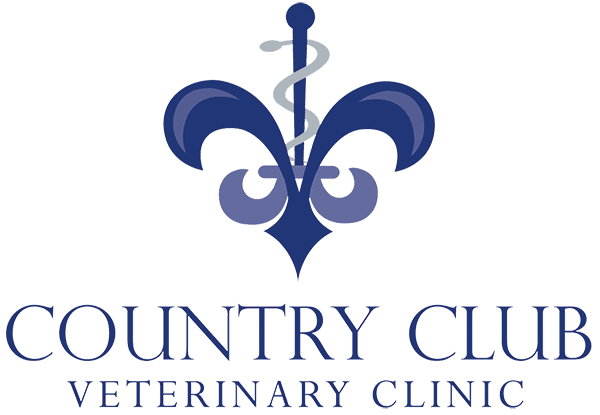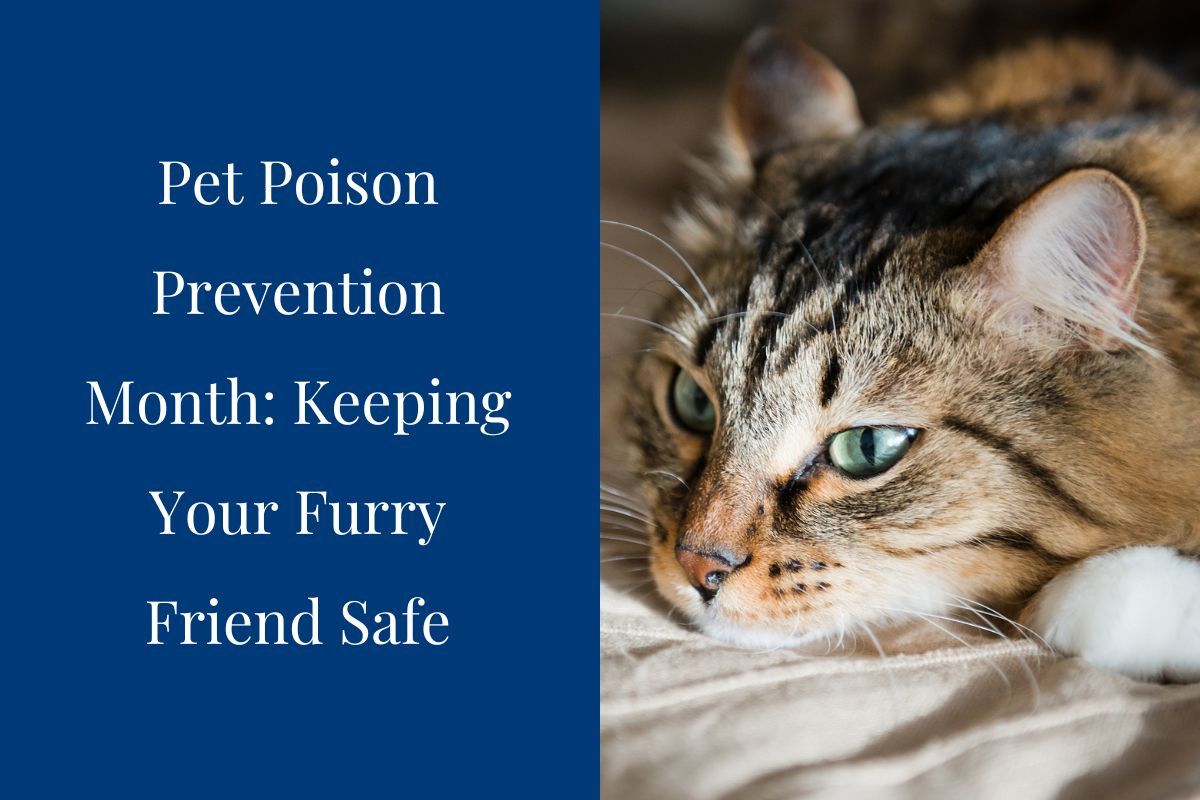Pet Poison Prevention Month: Keeping Your Furry Friend Safe
As a pet owner, keeping your furry friend safe and healthy is always a top priority. Unfortunately, accidents happen, and pets often accidentally ingest poisonous or toxic substances. That's why March has been designated as Pet Poison Prevention Month. It's a time to raise awareness about the dangers of pet poisons and educate pet owners about what to do if their pet is exposed to a poisonous substance.
At Country Club Veterinary Clinic, we want to help you protect your furry friend. Keep reading to learn more about common pet poisons and what to do if you suspect your dog or cat has ingested or been exposed to a poisonous or toxic substance.

Common Pet Poisons
Many household items and foods are poisonous to pets. Here are some of the most common pet poisons:
- Human Medications: Many human medications, including pain relievers, are toxic to pets. Never give your pet medication without consulting with your veterinarian first.
- Chocolate: Chocolate contains a substance called theobromine, which is toxic to dogs and cats. The darker the chocolate, the more dangerous it is.
- Plants: Some common household plants, including lilies, azaleas, and tulips, can be toxic to pets. Make sure to keep these plants out of reach of your furry friends.
- Cleaning Products: Household cleaning products are toxic to pets if ingested. Always store cleaning products in a safe place and keep pets away while cleaning. Let them dry completely after using them on any surface your pet may walk on.
- Rodenticides: Rat and mouse poisons can be lethal to pets if ingested. If you use these products in your home, make sure to keep them out of reach of your pets.
What To Do if Your Pet Is Exposed to Poison
If you suspect that your pet has ingested or been exposed to a poisonous substance, it's important to act quickly. Call us and the Pet Poison Hotline immediately. Remove any remaining poison from your pet's reach. If the substance is on their fur, wash it off with soap and water.
Poisoning causes a wide range of symptoms in pets, including vomiting, diarrhea, lethargy, and difficulty breathing. However, seeking professional help is vital even if your pet doesn’t have any symptoms. By the time symptoms appear, the poison may have already done serious damage.
Keep Your Pet Safe This Month and Always
As a pet owner, it's important to be aware of the dangers of pet poisons and take steps to keep your furry friend safe. By knowing what substances are poisonous to pets and what to do if your pet is exposed to a toxin or ingests something they shouldn’t, you’re doing your part to protect your beloved companion.
If you suspect that your pet has ingested or been exposed to a poisonous substance, seek professional help immediately. Time is of the essence in these situations, and getting your pet the help they need as soon as possible can make all the difference in their recovery. If your dog or cat needs help, give us a call.










